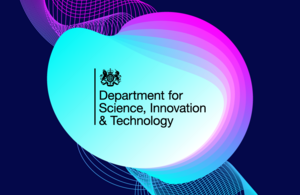AI Council
An update on the AI Council.

Since it was established in 2019, the AI Council has advised government on AI policy with regards to national security, defence, data ethics, skills, and regulation, which has played a key role in developing landmark policies including the National AI Strategy, and the recent AI Regulation White Paper. The Council also supported the government’s early COVID-19 efforts, highlighting the immediate needs of the AI startup ecosystem and facilitating rapid intelligence-gathering that shaped government support for the tech sector in its pandemic response.
With the terms of the AI Council members coming to an end, the Department for Science, Innovation, and Technology is establishing a wider group of expert advisers to input on a range of priority issues across the Department, including artificial intelligence. This will complement the recently established Foundation Model Taskforce, which will drive forward critical work on AI safety and research. Since the Council was first established, the UK’s technology landscaped has evolved rapidly. The country’s first department dedicated to Science, Innovation, and Technology is driving forward the UK’s science and tech superpower ambitions, with some of the world’s brightest minds in AI descending on London later this year for the global AI summit.
The Secretary of State for Science, Innovation and Technology has thanked the outgoing Council members and the Chair for their significant contributions to strengthening the foundations of the UK’s AI ecosystem and the key role the Council has played in the development of the UK’s early strategic approach to AI policy. The government will continue to draw on the important source of expertise of former AI Council members within this wider group of expertise.
Additional information:
The AI Council’s Terms of Reference established that members would sit on the Council for a fixed-term period of up to 3 years.
Our White Paper published in March made clear that we would “review the role of the AI Council and consider how best to engage expertise to support the implementation of the regulatory framework.”